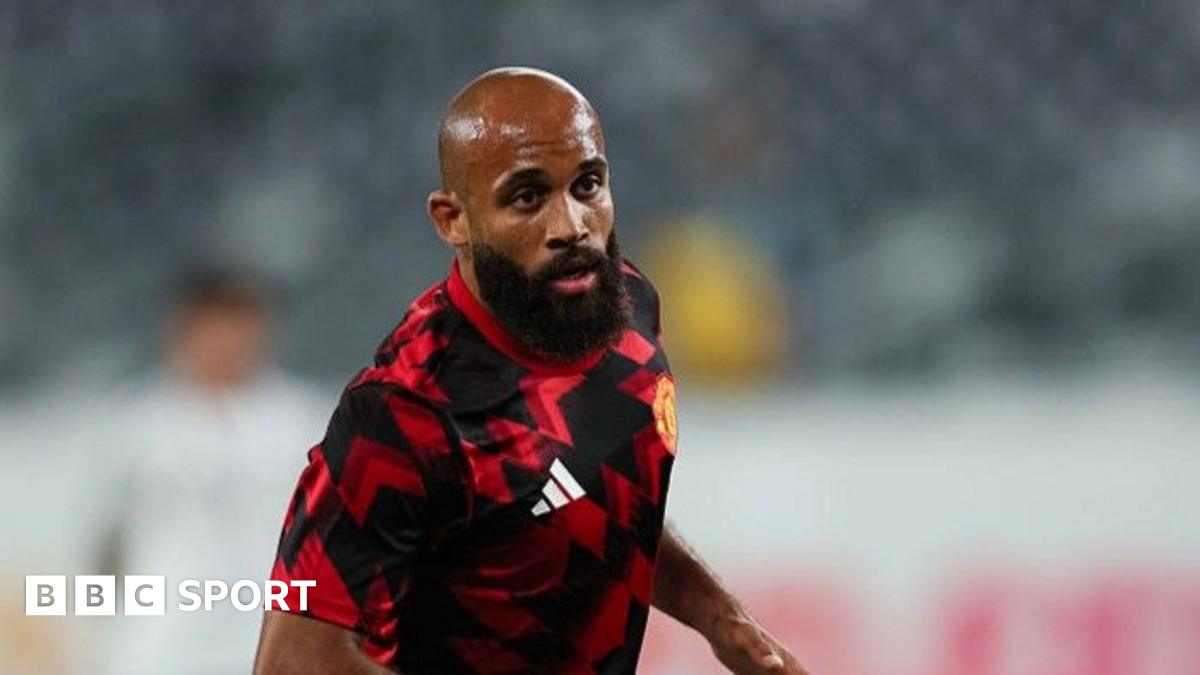
Manchester United's acquisition of Bryan Mbeumo from Brentford for a reported £65 million raises several tactical and strategic questions. This isn't simply about adding another attacker; it's about fitting him into a specific system, addressing current squad deficiencies, and, perhaps more subtly, adjusting the team's age profile. The article highlights Ruben Amorim's desire to implement a 3-5-2-1 formation, with Mbeumo earmarked for one of the 'number 10' roles. But how does Mbeumo's arrival solve existing problems, and what implications does it have for the long-term composition of the squad?
One of the key problems United faced last season was a lack of consistent goal-scoring threat from wide areas and attacking midfield. While the statistics around Mbeumo's 20 Premier League goals last season demonstrate his individual capabilities, it's crucial to examine *how* he scored them. Data suggests a significant portion originated from intelligent runs, clinical finishing in the box, and capitalizing on defensive errors – attributes that align well with the demands of a number 10 role in a 3-5-2-1. Historically, players like Antoine Griezmann and Roberto Baggio have thrived in similar positions, acting as both creators and finishers.
Furthermore, Mbeumo's arrival can be seen as a solution to the squad's aging attacking options. While experience is valuable, United have, at times, lacked the dynamism and energy needed to break down stubborn defenses. At 25, Mbeumo represents a player entering his prime years, offering a blend of experience and youthful exuberance. Consider the impact players like Cristiano Ronaldo had upon their return to Manchester United, but juxtapose that with the lack of long-term benefit due to his age. Mbeumo offers a longer-term solution.
The decision to invest heavily in Mbeumo also speaks to a broader shift in United's recruitment strategy. Under new leadership, the focus appears to be on players who fit specific tactical profiles and contribute to a sustainable, long-term project. This contrasts with past approaches, which often involved reactive signings driven by short-term needs, as evidenced by the Casemiro and Antony transfers mentioned in the article. That panic spending was directly related to a 4-0 loss to Mbeumo's Brentford.
However, several key factors need to be monitored. Firstly, how effectively will Mbeumo adapt to Amorim's tactical system? Secondly, can he replicate his Brentford form in a more demanding environment with higher expectations? And thirdly, will his arrival be complemented by further signings that address other weaknesses within the squad? Ultimately, Mbeumo's success at United will depend not only on his individual talent but also on the club's ability to build a cohesive and balanced team around him.